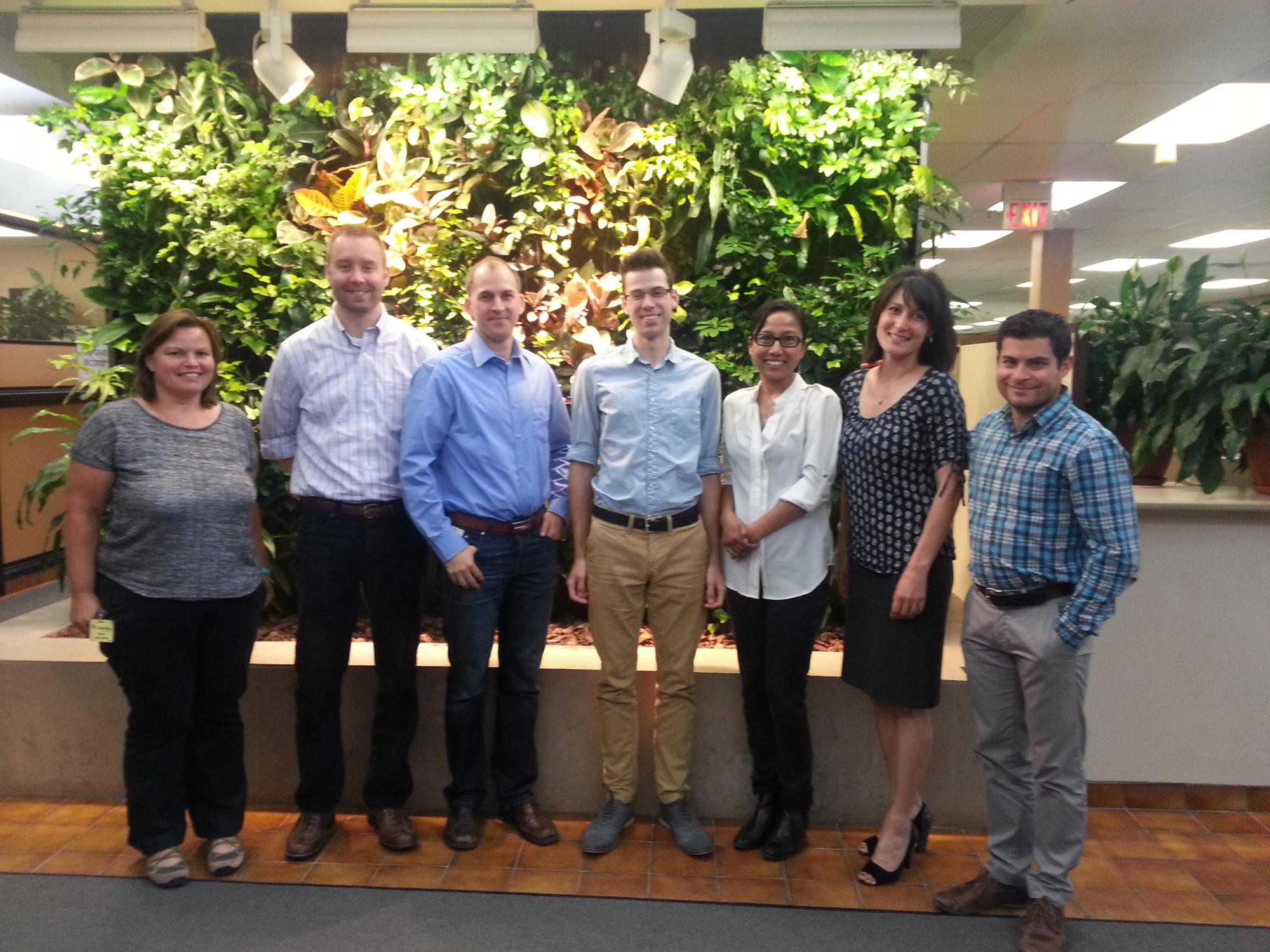Climate change adaptation has been recognized by the Toronto and Region Conservation Authority (TRCA) and many other organizations as a critical complement to greenhouse gas mitigation efforts. Accordingly, TRCA developed a Climate Change Strategic Plan (2007), which amongst other directions, supports programs and projects that further the understanding and development of adaptive management strategies by partner municipalities and the private sector. The Region of Peel is one partner municipality that has developed the Peel Climate Change Strategy (2011) who has identified a key action to “complete a vulnerability and risk assessment of all infrastructures, of the community and of natural heritage”. The TRCA is working closely with the Region of Peel, Credit Valley Conservation, Ministry of Natural Resources, OCCIAR, local municipalities of Mississauga, Caledon and Brampton and other watershed stakeholders to identify and prioritize key components of the natural heritage system (NHS) that produce valued ecosystem services to the Region of Peel and are vulnerable to the effects of a changing climate.

Johanna Wandel, Derek Robinson, Mark Pajot, Glenn Milner, Namrata Shrestha, Christine Tu, and Harris Switzman at the TRCA headquarters on Shoreham Drive in Downsview.
In collaboration with Dr. Johanna Wandel, Dr. Derek Robinson, Glenn Milner one of the (Department of Geography and Environmental Management‘s first Master’s of Climate Change students), and Christine Tu (TRCA) the group was awarded Mitacs funding to support Glenn in an 8 month internship working with the TRCA. The proposed research has an overarching goal to determine the relative impact of climate change on major ecosystem components in the Region of Peel, and their associated ecosystem services. This analysis will be completed at a coarse scale, but with sufficient detail to allow decision makers in by the Region of Peel to identify which ecosystem services require detailed adaptive management strategies. Based on the current characterization of the ecosystems in the Region of Peel, the major ecosystem components to be analyzed are: (1) the aquatic ecosystem, (2) urban forest and (3) terrestrial natural ecosystem. The following specific research questions will be pursued in order to achive the overarching goal:
- What natural heritage components are vulnerable to climate drivers and contribute directly or indirectly to key ecosystem services in the Region of Peel?
- What are the anticipated impacts to the natural heritage components?
- What are the anticipated consequences of the impact (e.g., to what degree will different ecosystem services will be affected and what is the spatial distribution of this impact)?
About Glenn Milner
Glenn Milner is an environmental engineer specializing in water resources. After completing his undergraduate degree at the University of Waterloo in 2013, he spent the summer in Environment Canada’s weather office maintaining and analyzing air quality indices and modeled forecasts. With the desire to learn more about the bigger picture, Glenn began to pursue a degree in climate change as part of the inaugural class of the Master of Climate Change (MCC) program at the University of Waterloo. Currently, he is in his final term as a graduate student and is a Mitacs intern with the Toronto and Region Conservation Authority (TRCA). His research interests lie in tying together co-benefits between climate mitigation and adaptation to his engineering background and promote sustainability in infrastructure and the natural environment.
More On the Project
For another brief posting about the broader project see the Ontario Climate Consortium website.
As a result of our collaboration on this research project, I now sit on the core advisory team for the broader project along with Mark Pajot (Region of Peel), Ryan Ness (TRCA), Harris Switzman (TRCA), Aviva Patel (Credit Valley Conservation Authority; CVCA), B. Morris (CVCA), Al Douglas (Mirarco), and Jenny Gleeson (MNR). I’m looking forward to lots of new interactions and research projects with this group in the near future and will post relevant updates as they come along.
